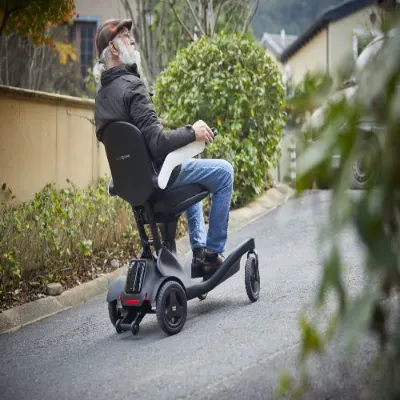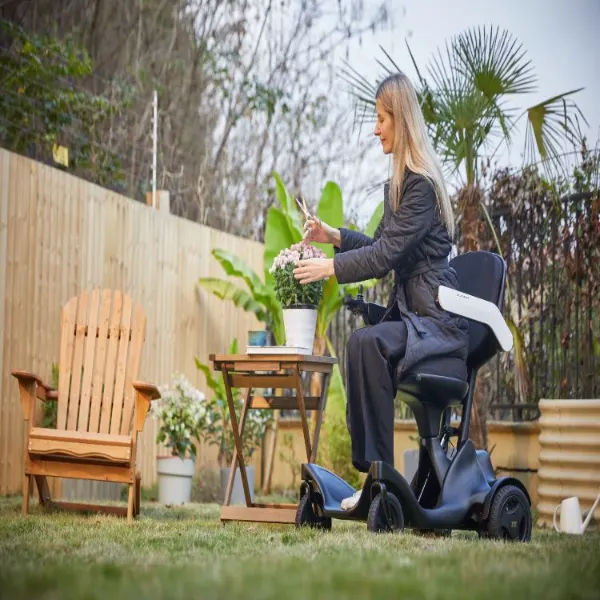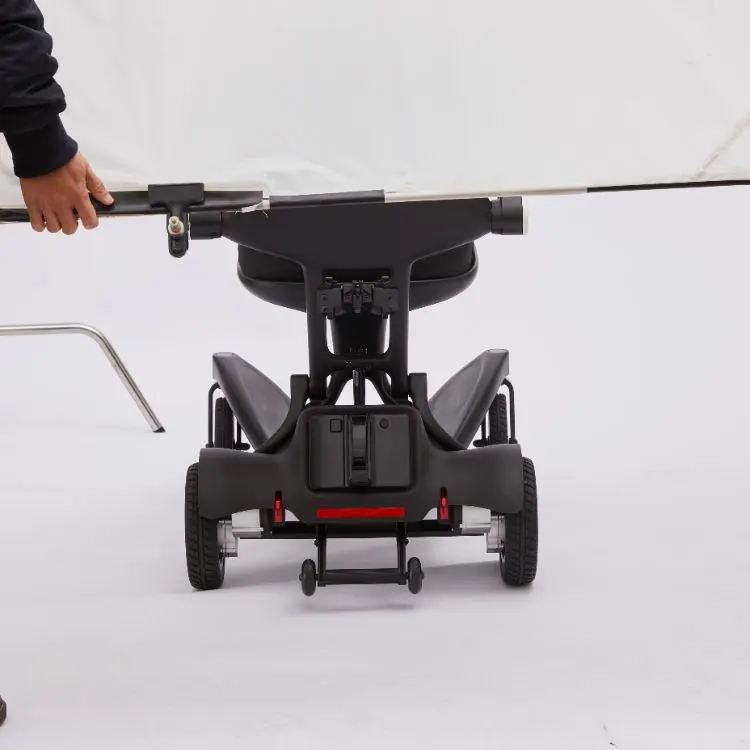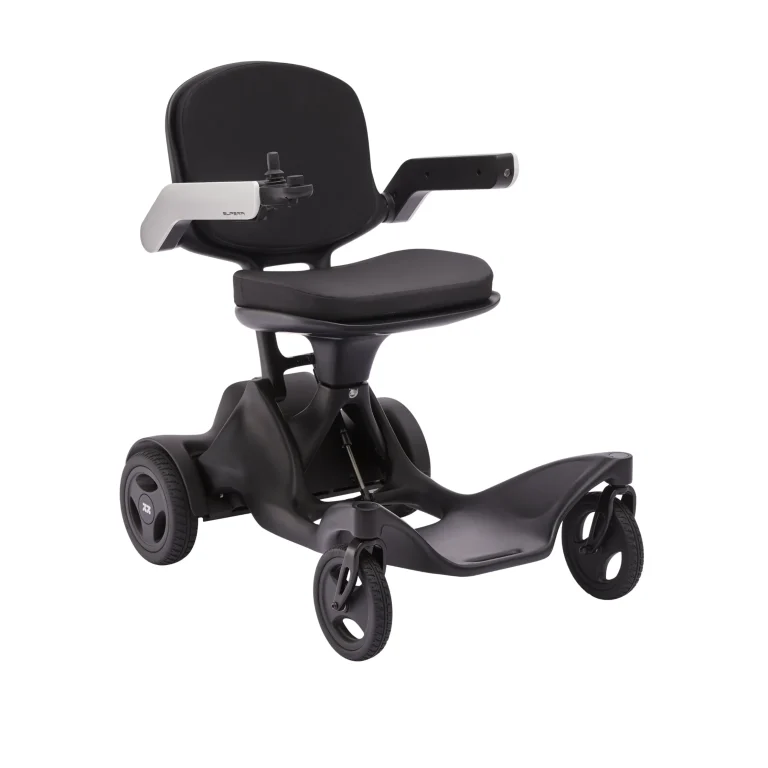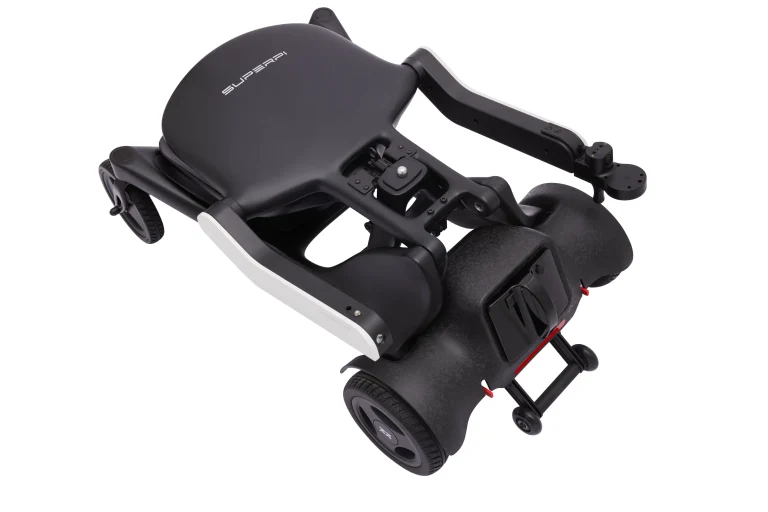
Introduction: The Silver Tech Wave
With 16% of Americans now over 65 (U.S. Census 2025), AI solutions are filling critical gaps in elder care. This section examines market growth from $42B (2024) to projected $139B by 2030 (Grand View Research).
Chapter 1: Health Guardians – AI’s Medical Applications
1.1 Predictive Care Systems
- Mayo Clinic’s AI that detects Parkinson’s tremors through smartphone typing patterns (92% accuracy)
- Thermal imaging wearables predicting falls 8 hours in advance
1.2 Medication Management
- PillBot’s visual confirmation system reduces dosage errors by 73%
- Voice-activated dispensers with dementia-friendly interfaces
Chapter 2: Cognitive Companionship
2.1 Memory Support
- Amazon’s Echo Remember feature for Alzheimer’s patients
- AI photo albums that narrate life stories using generative voice cloning
2.2 Emotional Wellbeing
- MIT’s Companion Robot with mood-adaptive responses
- VR therapy for combating senior depression (47% improvement in UCLA studies)
Chapter 3: The Smart Home Renaissance
3.1 Environmental Adaptations
- Google Nest’s Elder Mode with:
- Air quality adjustments for respiratory conditions
- “Stove Guardian” automatic shut-off
3.2 Safety Innovations
- Floor pressure sensors detecting mobility changes
- Computer vision systems recognizing emergency gestures
Chapter 4: Implementation Challenges
4.1 The Digital Divide
- Pew Research shows 41% of 80+ seniors lack broadband access
- Solutions like AARP’s Tech Tutor programs
4.2 Ethical Considerations
- Balancing privacy with 24/7 monitoring
- Avoiding over-reliance on synthetic companionship
Chapter 5: The Road Ahead
5.1 Emerging Technologies
- Neural interfaces restoring mobility (Neuralink trials)
- AI nutritionists analyzing micronutrient needs
5.2 Policy Recommendations
- Medicare coverage for FDA-approved AI caregivers
- Standardization of senior-friendly UI designs
Resources & Tools
- Directory of 120+ vetted senior AI products
- Step-by-step adoption guides for families
- Academic references from 18 gerontology studies

